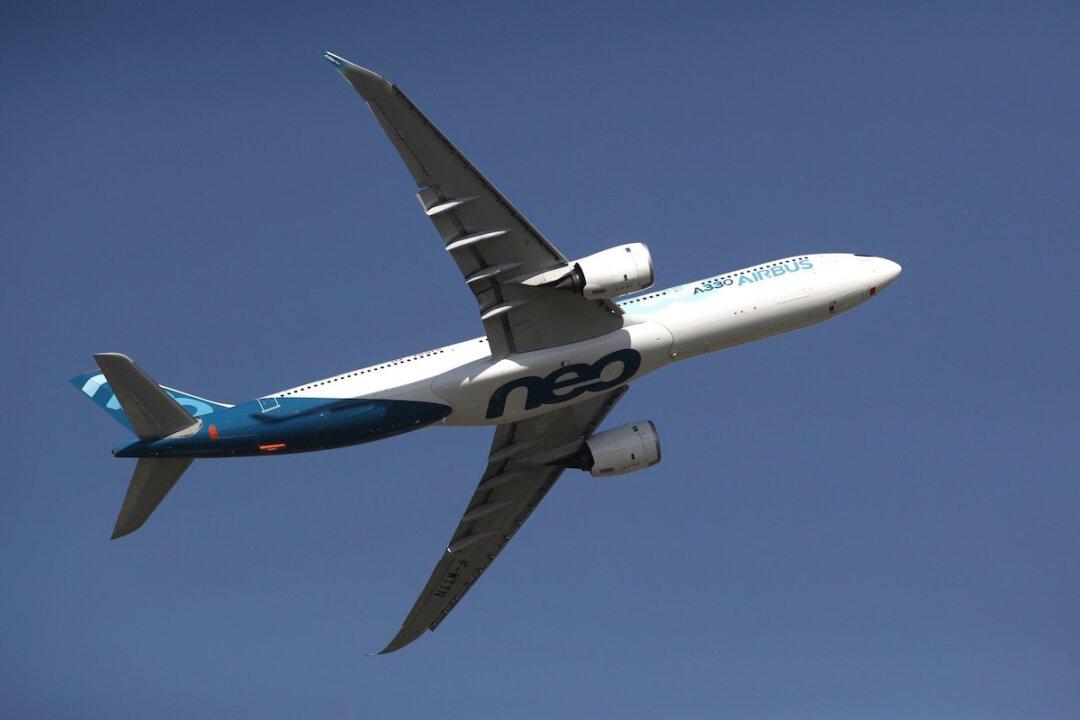WASHINGTON—The Trump administration is stepping up pressure on the European Union to end the long subsidy fight involving the world’s biggest aircraft makers.
The U.S. Trade Representative (USTR) last week proposed $4 billion in potential additional tariffs on goods from the EU, in response to bloc’s subsidies for European aircraft manufacturer Airbus. This was on top of the preliminary list announced by the USTR in April.





